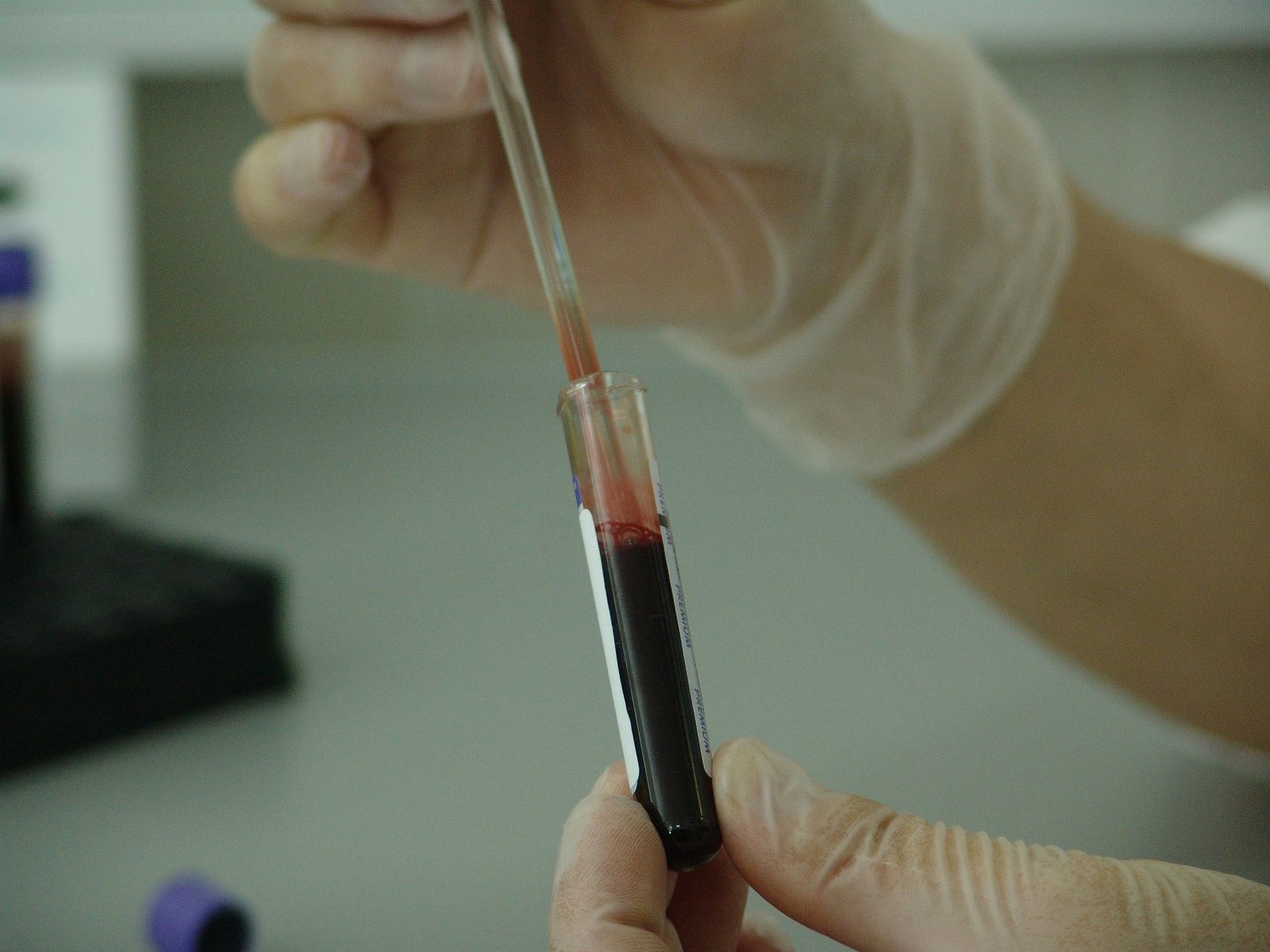Researchers including those from the Institute of Environmental Engineering, ETH Zurich in Switzerland have developed a new test that may detect the novel coronavirus more accurately and quickly.
This new test is expected to relieve the pressure on polymerase chain reaction (PCR) based tests.
Currently, most of the tests are done using a kit that relies on the PCR.
PCR is a sensitive method that amplifies SARS-CoV-2 RNA from patient swabs so that tiny amounts of the virus can be detected.
However, as the pandemic surges, this laboratory workhorse is showing signs of strain.
The new test has a potentially more accurate diagnostic based on plasmonic photothermal sensing. The method can detect interactions between molecules on the surface of a constructed metallic nanostructure as a local change in refractive index.
Health experts agree that expanded testing is crucial for controlling the spread of COVID-19.
Currently, a backlog of samples awaiting available PCR machines and laboratory personnel.
There are other methods as well. These include computed tomography (CT) scanning and culturing. But they do not provide quick or real time results.
Jing Wang from Institute of Environmental Engineering, ETH Zurich, and colleagues wanted to develop a faster, potentially more accurate COVID-19 test for detecting the SARS-CoV-2 virus that could be a practical alternative to PCR. The team made DNA probes that recognised specific SARS-CoV-2 RNA sequences and attached them to gold nanoparticles. When they added pieces of the viral genome, the RNA attached to the complementary probes like a zipper being closed.
The team used a laser to heat up the nanoparticles, making it more difficult for imperfectly matched sequences to remain attached, reducing false-positives.







